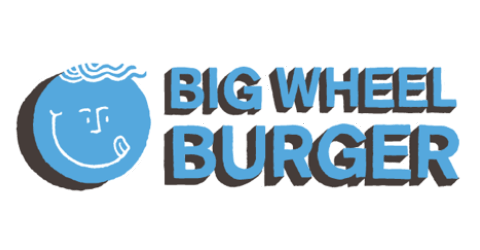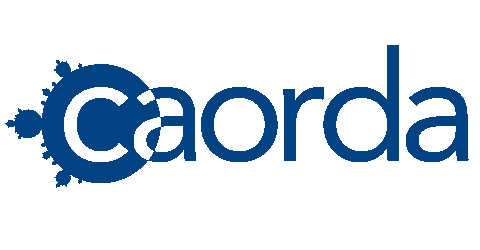Chamber network fighting to stop Digital Service Tax
That’s the message from the Canadian Chamber as it lobbies the federal government to not pass the DST without significant changes. The proposal will tax revenue earned by large foreign and domestic businesses on online services, including marketplaces, advertising, and social media — but its effects will be felt by consumers in the form of higher prices for products and services that rely on digital platforms.
“For example, your online purchases, takeout after a long work week, or your long weekend cottage rental could cost more starting in 2024,” the Canadian Chamber said. “And the warning isn’t without foundation — France’s DST caused an estimated 2-3% price increase in services for consumers.”
If the DST is passed, it will take effect later this year. However, because it is a retroactive tax, it will apply to revenue earned by businesses in 2022 and 2023 as well.
“That’s like having the CRA send you a letter telling you to review your last two years of tax filings and pay more now for a tax that didn’t exist back then,” the Canadian Chamber said.





















